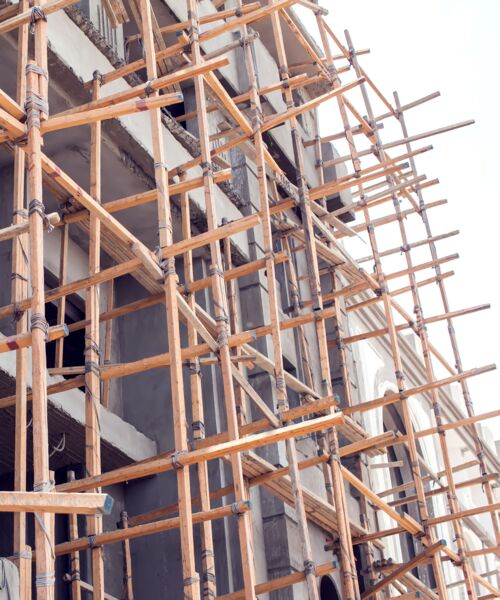Exploring the Various Types of Scaffolding Used in Building And Construction Tasks
The building and construction sector depends heavily on numerous sorts of scaffolding to satisfy details task needs, each offering distinctive benefits and applications. Typical structure scaffolding gives a tough structure for general tasks, while put on hold scaffolding is important for service skyscraper structures. Other alternatives, such as system and rolling scaffolding, accommodate effectiveness and movement, respectively. Moreover, the cantilever alternative verifies indispensable in metropolitan environments where room is constricted. Understanding the nuances of these scaffolding kinds is vital for enhancing security and performance on building sites, triggering a better exam of their one-of-a-kind characteristics and applications.

Traditional Frame Scaffolding
Conventional framework scaffolding is among the most commonly used techniques in the building and construction sector because of its robustness and adaptability. This system is composed of straight and vertical frames that are set up to create a steady platform for products and employees. The primary components consist of upright articles, horizontal ledgers, and angled dental braces, which together provide a strong structure that can support substantial lots.
One of the essential benefits of typical frame scaffolding is its flexibility to different construction tasks, varying from residential structures to big business structures. The modular layout allows for very easy assembly and disassembly, making it effective for both lasting and short-term jobs. In addition, the system can be customized in elevation and size, accommodating different structure layouts and site conditions.
Safety and security is critical in scaffolding applications, and typical framework systems are outfitted with guardrails and toe boards to avoid drops and make certain worker protection. In addition, normal examinations and adherence to security policies are important in keeping the honesty of the scaffold. Generally, standard framework scaffolding remains an essential option in the construction market, supplying a dependable system for labor and boosting total task efficiency

Suspended Scaffolding
Put on hold scaffolding offers an one-of-a-kind option for building and construction jobs that call for accessibility to raised surface areas, specifically in situations where standard frame scaffolding may be unwise. This sort of scaffolding is normally suspended from the roofing system or upper degrees of a structure, making use of a system of wheels, ropes, and platforms to develop a working room that can be gotten used to various elevations.
Among the main advantages of suspended scaffolding is its adaptability. It can be quickly rearranged or lowered to suit modifications in building requirements, making it ideal for jobs such as home window setup, frontage work, and upkeep on high-rise structures. Additionally, the very little impact of suspended scaffolding enables far better use ground area in city settings, where area is frequently minimal.
Security is a critical consideration in the usage of suspended scaffolding. In general, put on hold scaffolding gives a efficient and reliable option for accessing hard-to-reach areas in numerous building scenarios, improving navigate to these guys both productivity and security on site.
System Scaffolding
System scaffolding, commonly considered as a modern-day option in the scaffolding sector, consists of pre-engineered components that can be swiftly assembled and adjusted for different building and construction tasks. Scaffolding. This kind linked here of scaffolding is characterized by its modular design, which enables flexibility and efficiency on work sites, suiting architectural demands and different elevations
Typically made from high-strength steel or light weight aluminum, system scaffolding provides enhanced resilience and security. The elements include vertical articles, horizontal ledgers, and angled dental braces, which interconnect securely, guaranteeing a robust structure. The style usually incorporates standardized installations, simplifying setting up and disassembly processes, thereby lowering labor time and expenses.

Rolling Scaffolding
Moving scaffolding is a versatile alternative to standard fixed scaffolding, created for flexibility and simplicity of usage on building and construction websites. This kind of scaffolding contains a platform sustained by structures with wheels, enabling workers to easily relocate it as required. The wheelchair function dramatically boosts performance, as it lessens downtime related to setting up and taking apart dealt with scaffolding.
Generally built from light-weight products such as aluminum or steel, rolling scaffolding offers a sturdy yet portable option for tasks calling for regular repositioning - Scaffolding. It you can try these out is especially beneficial in tasks such as painting, drywall installation, and electrical work, where accessibility to numerous heights and locations is required
Security is critical in rolling scaffolding style, with functions such as locking wheels to protect against unexpected movement when in usage, and guardrails to protect employees from falls. Furthermore, many models are flexible in elevation, fitting numerous project requirements.
Cantilever Scaffolding

The style of cantilever scaffolding typically includes using brackets or arms secured to a structure or framework, allowing the platform to extend outside safely. Security is vital; therefore, these scaffolds need to be crafted to withstand various loads and environmental conditions. Routine assessment and maintenance are crucial to ensure structural honesty and worker security.
Cantilever scaffolding is favored for its flexibility and efficient use of room, making it a prominent option in metropolitan atmospheres where area restraints prevail. In addition, it assists in simpler access to high elevations, eventually adding to the overall performance of building tasks. As with all scaffolding kinds, proper training and adherence to safety and security standards are critical for employees utilizing cantilever scaffolding.
Final Thought
Finally, the diverse sorts of scaffolding utilized in building projects each serve distinctive functions customized to particular website requirements. Typical framework scaffolding supplies stability, while put on hold scaffolding supplies flexibility for elevated jobs. System scaffolding helps with quick setting up, and rolling scaffolding enhances movement for differing workplace. Cantilever scaffolding efficiently resolves obstacles in metropolitan setups. Recognizing these scaffolding types is necessary for optimizing security and performance in building, inevitably contributing to the successful completion of tasks.
Traditional frame scaffolding offers a durable foundation for general jobs, while put on hold scaffolding is necessary for job on skyscraper frameworks.Moving scaffolding is a functional choice to typical set scaffolding, created for mobility and convenience of usage on building and construction websites. As with all scaffolding types, correct training and adherence to security requirements are vital for workers using cantilever scaffolding.
Conventional frame scaffolding gives security, while suspended scaffolding supplies convenience for elevated tasks. System scaffolding promotes quick assembly, and rolling scaffolding improves movement for varying job atmospheres.